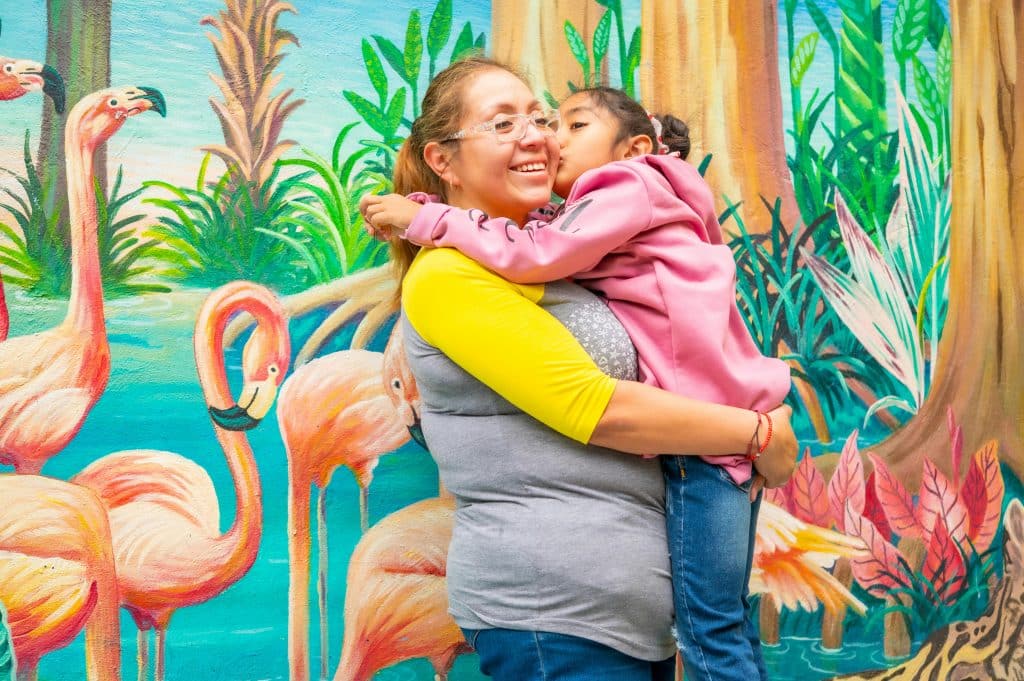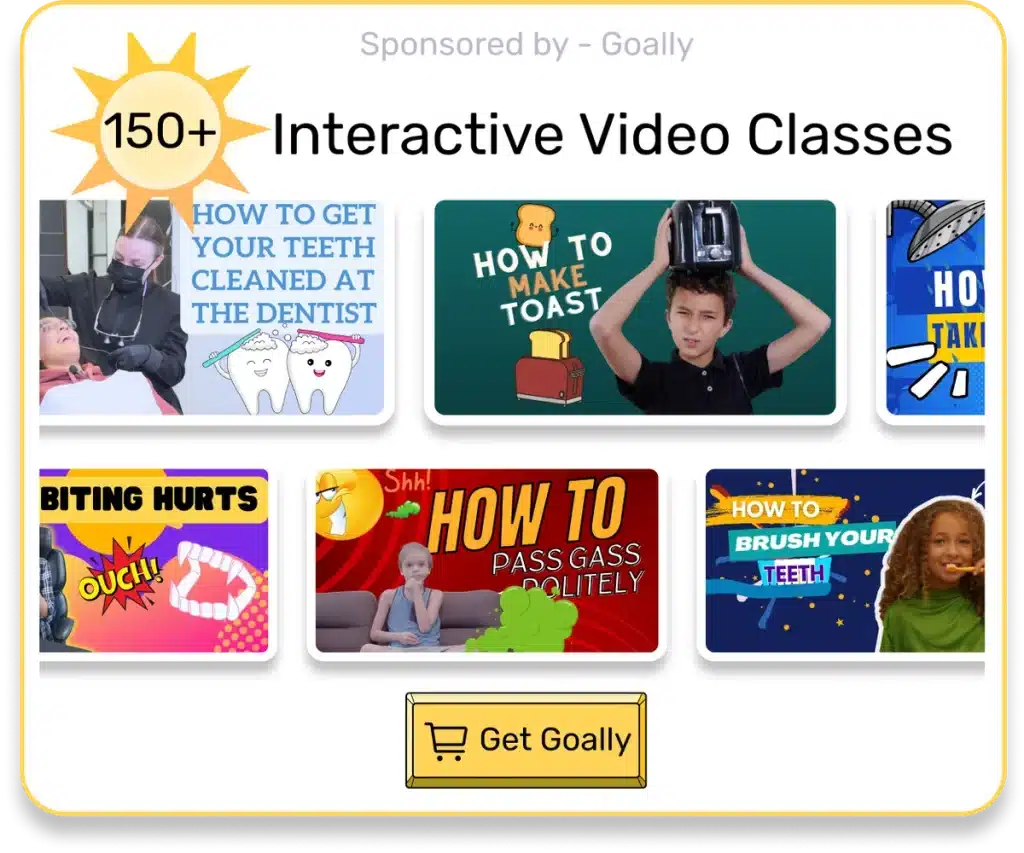Have you ever pondered over your child’s behavior, trying to decipher their unique ways of expressing love and affection? Well, you’re not alone. This blog post will explore a fascinating tool – the kids love language quiz. This quiz is designed to help parents like you uncover the primary love language of your child. This comprehensive guide will walk you through the five love languages, how to identify them, and practical tips on using this newfound knowledge. Whether your child is neurodivergent or neurotypical, this quiz can provide valuable insights into their emotional world.
Table of Contents
Understanding Love Languages
I’ve often observed in my practice that children, much like adults, have unique ways of giving and receiving love. This concept, popularized by Dr. Gary Chapman, suggests five distinct love languages: Words of Affirmation, Acts of Service, Receiving Gifts, Quality Time, and Physical Touch. Understanding these love languages can be a game-changer in your relationship with your child.
Words of Affirmation
For children whose primary love language is Words of Affirmation, positive verbal acknowledgments such as compliments, words of appreciation, and verbal encouragement are their lifeblood. They thrive on hearing kind and encouraging words. That is to say, a simple “I’m proud of you” or “You did a great job” can make their day.
However, being genuine with your words is crucial because kids can easily spot insincerity. For instance, instead of generic praise like “Good job,” try to specify what they did well — “You did a great job cleaning up your toys.”

Read more: What Are Neurodivergent Love Languages?
Acts of Service
Does your child frequently ask for help even with tasks they can do independently? They might be communicating their love language — Acts of Service. Kids who resonate with this love language deeply appreciate what you do for them. However, it’s not about doing everything for them but helping them become more independent.
For example, instead of tying their shoelaces every time, teach them how to do it. The act of teaching and the time spent together will communicate your love effectively.
Receiving Gifts
For some kids, receiving gifts is their primary love language. But this doesn’t mean they’re materialistic. It’s about the thought and effort behind the gift. A small token, like a picked flower or a handmade drawing, can mean the world to them.
Quality Time
Quality time is all about giving your child undivided attention. For these kids, love is spelled T-I-M-E. Whether it’s playing a board game, reading a book together, or simply talking about their day, quality time makes them feel loved and valued.

Read more: Using Positive Affirmations for Kids
Physical Touch
Lastly, we have Physical Touch. Kids with this love language feel loved through physical closeness. A hug, a pat on the back, or a gentle squeeze can communicate love more powerfully than words.
The Kids Love Language Quiz
Now that we’ve covered the five love languages, you probably wonder, “How do I identify my child’s love language?” That’s where the kids love language quiz comes in handy. This quiz will help you uncover your child’s primary love language. It’s simple, insightful, and can be a fun activity to do with your child.
Remember, this quiz is not a definitive diagnosis but a starting point in understanding your child’s emotional needs. And while every child responds to all five love languages, they usually have one that speaks to them the most.
Applying the Love Languages
Understanding your child’s love language is only the first step. The real magic happens when you apply this knowledge in your daily interactions. For example, if your child’s love language is words of affirmation, make it a point to acknowledge their efforts regularly. If it’s quality time, dedicate a part of your day to one-on-one activities with them.
Remember, it’s not about grand gestures but consistent small acts of love. Even on busy days, there are countless ways to speak your child’s love language — a note in their lunchbox, a quick game of catch, or a bedtime story can communicate your love effectively.

Goally | Best Videos to Teach Life Skills
Give your kid an independent future. Goally has 100+ video classes teaching life skills like “How to Choose a Restaurant,” “How to Interrupt Politely,” and “How to Get Ready for School.”
Goally takes kids on an adventure that includes interactive practice and checkpoints along the way! No web browsers, YouTube, or social media.
To Wrap Up
In essence, understanding your child’s love language can profoundly enhance your relationship with them. It allows you to express love in a manner that resonates with your unique emotional needs. Whether through words of affirmation, acts of service, receiving gifts, quality time, or physical touch, being fluent in your child’s love language can make them feel loved, understood, and secure. So, why take the kid’s love language quiz today and embark on this rewarding journey of speaking your child’s love language?
Resources:
- Child Mind Institute – How to Speak Your Child’s Love Language: This resource offers practical tips on how to communicate with your child based on their love language.
- The 5 Love Languages: Official website of Dr. Gary Chapman, author of The 5 Love Languages.
- Psychology Today – The Basics of Love Languages: An article that provides a comprehensive understanding of love languages.
FAQs about Kids Love Language Quiz
1. What is the Kids Love Language Quiz? The Kids Love Language Quiz is a tool designed to help parents identify their child's primary love language. It provides insights into how your child gives and receives love. 2. How can the Kids Love Language Quiz benefit my child? Understanding your child's love language can enhance your communication, strengthen your bond, and cater to their emotional needs effectively. It's particularly beneficial for neurodivergent kids, helping parents connect with them on a deeper level. 3. How accurate is the Kids Love Language Quiz? The Kids Love Language Quiz is a helpful starting point but not a definitive diagnosis. It's best used in conjunction with your observations of your child's behavior and preferences. 4. Can I use the Kids Love Language Quiz for my neurodivergent child? Yes, the Kids Love Language Quiz can be used for all children, including those who are neurodivergent. It can provide valuable insights into their unique ways of expressing and receiving love. 5. How often should I use the Kids Love Language Quiz? As children grow and evolve, their love language might change. Therefore, it's advisable to revisit the quiz periodically to stay attuned to your child's emotional needs.

Hennah is an experienced writer and researcher, helping children with autism, ADHD, and other neurodivergent conditions. As a blog contributor for Goally, she combines her deep understanding of neurodiversity with practical advice, offering valuable insights to parents and educators.





